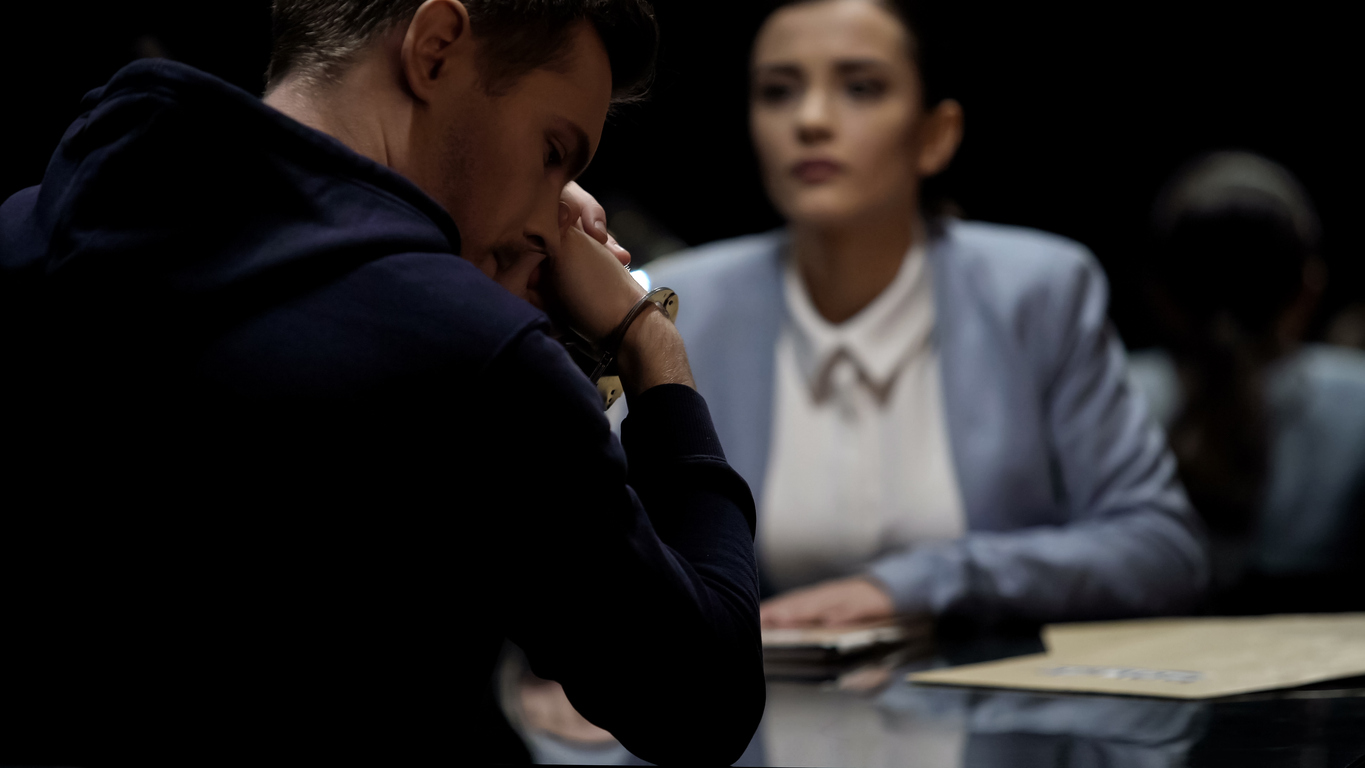The Probative vs Prejudicial nature of any piece of evidence is an issue that arises in almost every criminal trial in Ontario. For a trier-of-fact (either a Judge or members of a Jury) to consider any piece of evidence it must be material and relevant or it is inadmissible. Evidence allows for facts to be proven in litigation, but some evidence can have the risk of creating prejudice. For a trier-of-fact to hear or see evidence a Judge must be satisfied that the evidence is admissible (it’s not hearsay, character, or opinion evidence), it must be relevant to the context of the case, the evidence must be material to a fact or legal issue in the case, and not subject to discretionary exclusion.
When the evidence is relevant, admissible, and material to the case the Judge still has the discretion to exclude evidence when the probative value of the evidence is exceeded by the prejudicial effect the evidence will cause.
This ensures that not only is the evidence relevant but also that it will not impact the fairness or integrity of the legal proceedings. Balancing the probative versus the prejudicial effect of evidence is one of the ways a Judge exercises their discretion in the exclusion of evidence.
PROBATIVE VALUE
The probative value of evidence is the degree to which it proves fact(s). The more a piece of evidence proves a fact, the greater it’s probative value. Greater value means a greater potential impact on the outcome of the case.
Probative value considers four main factors:
- Inference: What inference can be reasonably drawn from the evidence. Circumstantial evidence such as DNA, forensics, and expert witnesses can infer that a person is linked to specific criminal activity.
- Weight: The weight of the evidence measures how persuasive or believable it is. The greater the weight, the more impact it may have on proving facts and/or contributing to the final verdict.
- Reliability: The more reliable the evidence, the greater its value. Testimony from a police officer who witnessed a crime, for example, would be more reliable than witness testimony from an untrained civilian.
- Other Evidence: Whether other evidence is available to prove the same fact(s). While more supporting evidence can be beneficial in proving a fact, if there is other evidence available, low probative value evidence could be dismissed.
PREJUDICIAL
While both probative and prejudicial evidence can affect the outcome of a trial, they significantly different. Prejudicial evidence is that which negatively impacts the fairness and integrity of the case. This can include evidence that is misused, confuses issues, wastes time, or simply takes up too much time.
Just because a piece of evidence is damaging to the defendant’s case does not necessarily qualify it as prejudicial. The factors that determine it are based on three grounds; 1. Moral; 2. Logical; 3. Time.
Where these factors may create an unfairly prejudicial effect, it is possible to have them excluded. Examples of when this may occur include:
- Where prejudicial evidence threatens the fairness of the trial.
- The evidence lacks adequate testing, or cannot be challenged properly
- There is a significant risk of misuse by the jury, or the use of the evidence may lead to an inability to properly assess the evidence. This can occur where the evidence in question is too misleading, confusing, or distracting.
BALANCING PROBATIVE VS PREJUDICIAL
In determining whether or not to allow evidence its probative value is measured against the potential prejudicial effect. To be admitted, the evidence must have greater probative value. The probative vs prejudicial analysis is constantly occurring during criminal trials.
That does not mean it is difficult for evidence to be admitted. Judges and courts typically weigh more favourably on the side of admission of evidence. The prejudicial effect must be significant to be dismissed, and even then is sometimes allowed with certain restrictions.
The balance is not always consistent across the board. Some evidence is more probative on one count and more prejudicial on another. Where this occurs the court may limit the jury’s use of the evidence rather than exclude it outright.
TORONTO CRIMINAL DEFENCE LAWYER
If you or a loved one are facing criminal charges, hiring an experienced defence lawyer is your best bet. They understand how to challenge evidence and have a clearer understanding of where it may balance as probative or prejudicial.
William Jaksa is a Toronto criminal defence lawyer who cares about you and your interests. He helps you understand your charges, your options, and their potential outcomes. Call today for your consultation.





